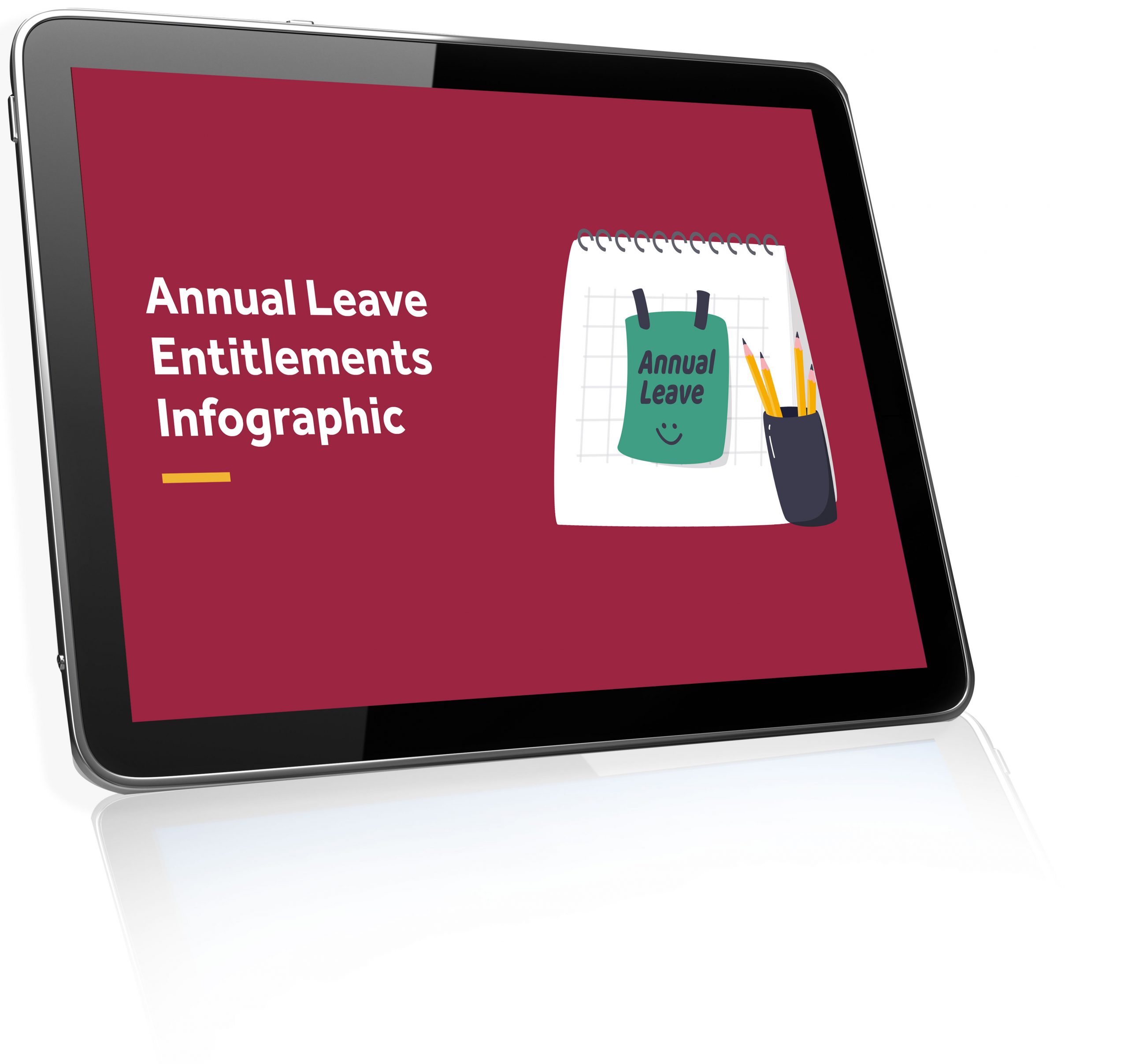
The Christmas season is fast approaching, and this means a period of shutdown for certain businesses. How do you handle annual leave entitlements during this period? Can you force an employee to take annual leave? What do you do if an employee has accumulated excessive annual leave?
In this post, we will be discussing whether you can force an employee to take annual leave and provide suggestions on how to handle this tricky situation.
What is a shutdown?
A shutdown is when a business temporarily closes during slow periods of the year, such as Christmas and New Year. It is also called a ‘close down.’ Your annual leave or forced annual leave during the shutdown will also depend on your Award and agreement.
An employee can be directed to take annual leave during a shutdown if the award or registered agreement allows it.
☑
New shutdown rules for awards
From 1 May 2023, many awards will have updated rules on taking annual leave during a shutdown.
What is Excessive Annual Leave?
Employees are usually entitled to a minimum of 4 weeks paid annual leave per year, or 5 weeks for some shift workers. Annual Leave builds up over the year, so as more hours are worked by the employee, then more paid leave grows for them over the year. Leave not taken then rolls over to the next year.
Excessive annual leave is when an employee has accrued more than 8 weeks paid leave, (or for a shift worker, they have accrued more than 10 weeks of paid annual leave).
Leave-related calls to Employsure’s advice line are common, sparking concerns about employees taking unexpected annual leave or accruing leave to take it at busy periods, causing small businesses to scramble for staff. This is where having a leave policy comes handy.
Can I force an Employee to Take Annual Leave?
An employer can force an employee to take annual leave in certain situations such as:
the business is closed during the Christmas and New Year period
an employee has accumulated excess annual leave
The rule about when and if an employer can direct an employee to take annual leave is set out in Awards and agreements.
As a business owner, it’s always favourable you reach out to your employee in the first instance. Making time for a good-natured chat about the accrued leave could resolve the issue, after-all most issues can be solved with an amicable discussion. Genuinely having a desire to reach a mutual agreement together, (that’s best for both of you) is the best way to approach the tricky subject of excessive annual leave.
How Do I Force an Employee to Take Their Annual Leave?
If you find you just cannot settle on a mutual agreement, and the employee is refusing to take the built-up annual leave, then there are actions you can take as an Employer. Most modern awards provide employers with the ability to direct employees with these excessive leave balances to take annual paid leave.
An employer may direct an employee (in writing), to take one or more periods of annual leave. Any direction under the award clause to take annual leave must adhere to these points:
The employer’s direction to take leave must be in writing.
It must not result in the employee’s remaining paid annual leave balance being at any time less than 6 weeks, (when any other paid annual leave arrangements are taken into account).
The employer’s direction to take leave must not provide for the employee to take any period of paid annual leave of less than 1 week.
It must not provide for the employee to take a period of paid annual leave beginning less than 8 weeks or more than 12 months after the notice is given.
It must not be inconsistent with any other leave arrangement agreed by the employer and employee.
The employee must take paid annual leave by following this direction under the award clause that is in effect.

Forcing an Employee to Use Excessive Annual Leave
You can direct an employee who has built up excessive annual leave, (more than 8 weeks) to take their paid annual leave. That is, if it’s directed in written form, such as an email or letter. The exact details will be dependent on their award for their particular job role. Most modern awards after 2016, have clauses for excessive annual leave. As a business owner, it’s important to handle excessive annual leave sooner rather than later, as heavily built-up leave can be a financial liability. It can leave you short-staffed if employees decide to hand in their notice, cashing out the annual leave, or perhaps if they decide to take their leave in a long chunk, leaving you short-staffed for an elongated time.
Next Steps
Encouraging your employees to take long weekends off, even short mini breaks can help your business avoid a bottleneck of future leave requests once peak season arrives. This may reassure you as a business owner that financial liabilities are being reduced, and that productivity is maintained as employee mental health is boosted with well-deserved time off from work. Remember talking to employees is the first step to finding a mutual agreement over any excessively accrued leave or excessive annual leave.
How can Employsure help you?
We have worked with 30,000 businesses across Australia and New Zealand in employment relations and work health and safety. We understand the challenges small business owners face regularly. Call our 24/7 Advice Line today to get all your tricky questions answered.
Frequently Asked Questions
What is the difference between a shutdown and a stand down?
A stand down is when an employer tells employees not to work because they can’t be usefully employed, for reasons outside the employer’s control.
Can I cancel annual leave?
Employers or employees may want to cancel approved annual leave in some situations. However, awards, enterprise agreements, employment contracts and workplace policies may have extra rules about cancelling approved annual leave. Make sure you check what applies to you.



